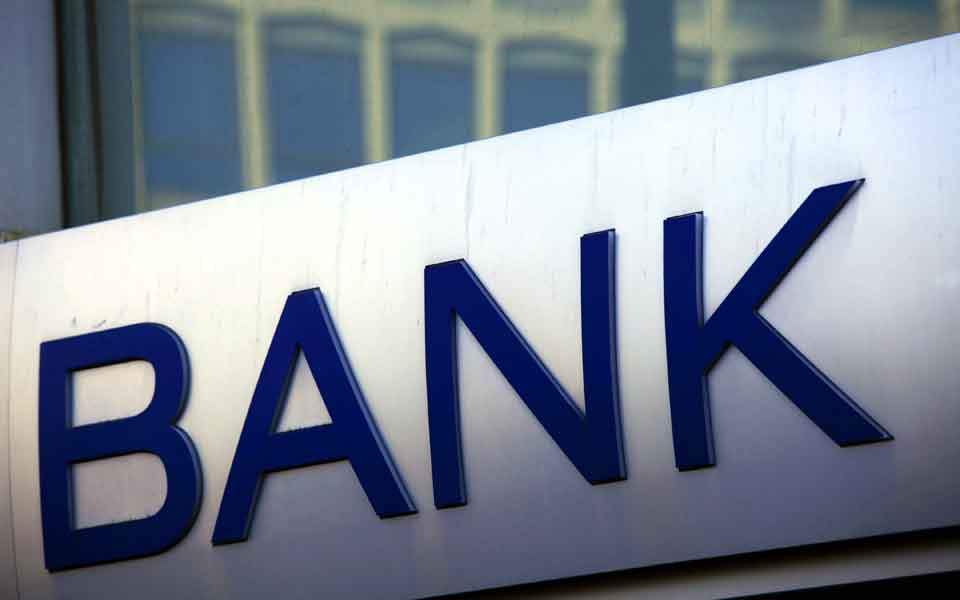Greece to EU: Bad loans plan not state aid to banks

The government is moving quickly to develop plans to reduce the retail banks’ nonperforming loans, hoping it will make up for the wasted time under the SYRIZA government.
Speeding up the banking sector reform is a priority for the government, since the credit rating agencies say that the volume of bad loans is one of the biggest obstacles to upgrading the country’s debt rating, which, in turn, is holding back economic growth.
George Zavvos, the deputy finance minister in charge of dealing with the banking sector, is trying to convince the European Union’s Directorate-General for Competition to agree with the Asset Protection Scheme devised by the Hellenic Financial Stability Fund (HFSF).
The plan involves the securitization of the bad loans and the Commission’s main concern is that it does not become a vehicle for state aid to banks.
If the Commission, specifically Competition Commissioner Margrethe Vestager, gives the go-ahead, the plan will be implemented by a bill that will be submitted to Parliament, most likely in October. The HFSF plan will be supplemented by a Bank of Greece plan which the previous government had frozen.
Nonperforming loans stood at about 80 billion at the end of the first quarter, accounting for 45.2 percent of total loans. The creditors believe that the banks’ target of reducing bad loans to 26 billion euros by the end of 2021 is very ambitious and will still leave them saddled with bad loans higher than the EU average.
Credit rating agency Fitch views the government’s efforts favorably: “The implementation of the two schemes could accelerate the improvement in asset quality of banks, which is a key rating sensitivity, while helping to increase confidence in the system and improve profitability,” says Pau Labro, director of Financial Institutions at Fitch.
“The schemes could bring more flexibility in banks’ NPE reduction plans, which strongly rely on portfolio sales and securitisations. Nevertheless, the impact will depend on the design finally agreed, the level of use of such schemes by the banks and investor appetite for distressed Greek assets,” he says.
“The fact that the government is stepping up the process of addressing the problems in the banking sector is positive news,” adds Michele Napolitano, head of Western Europe Sovereigns.
“In our latest press release we did say that the decision to assign the oversight of banking sector policies to one institution (the Ministry of Finance) is a positive development that could lead to swifter policy implementation,” Napolitano says.
“The banks matter in our sovereign assessment. Lower risk of crystallization of banking sector risks on the sovereign balance sheet is a trigger for a positive rating action. Therefore an acceleration in the pace of reduction of non-performing exposures would be positive for our assessment,” he says.
“However, the final details of the scheme are important and we will also have to assess the potential fiscal implications.”





